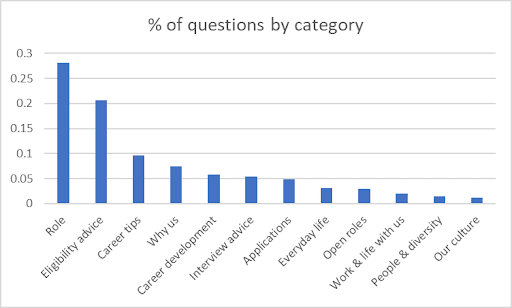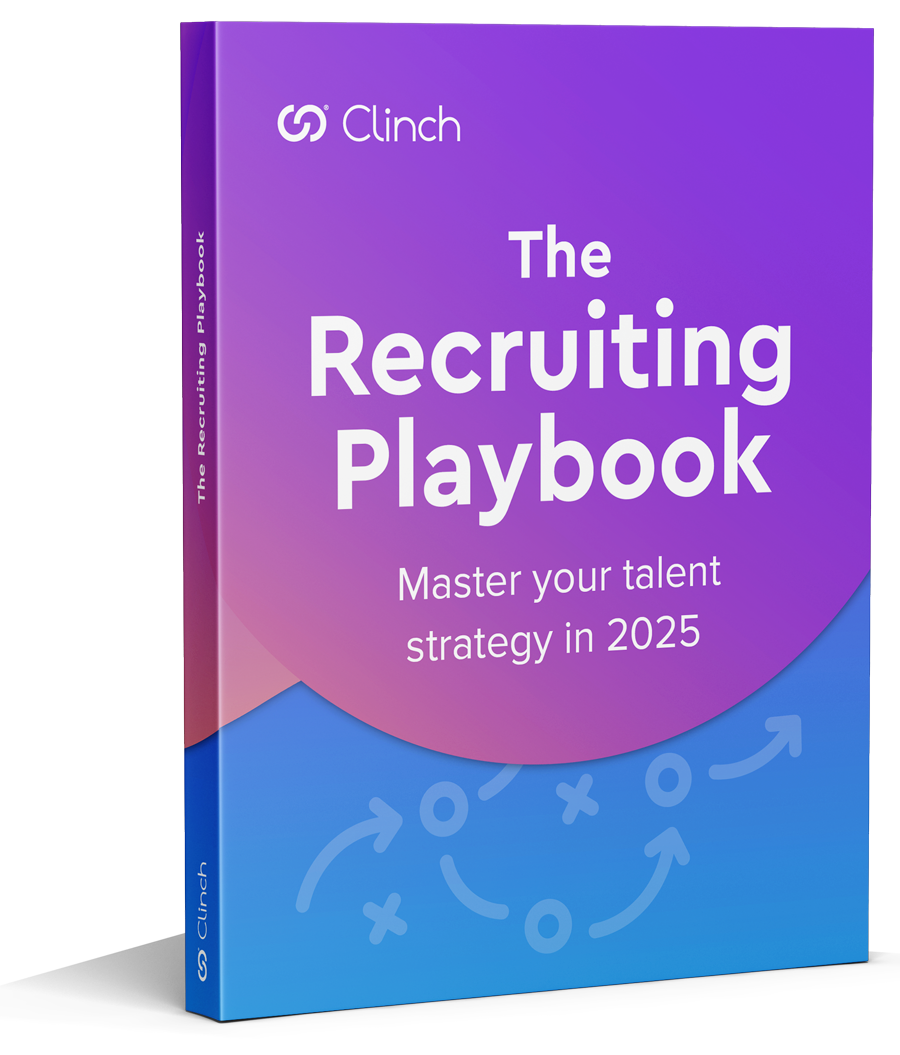In today’s competitive job market, having a great employer brand is crucial for attracting and retaining top talent. According to LinkedIn, companies that have strong employer branding reduce their cost per hire by 50% and are 2.5 times more likely to receive applications from high-quality candidates. But simply promoting your organization’s mission statement, corporate values and job benefits on your careers site isn’t enough to stand out. To truly connect with potential candidates, employers must go past surface level and showcase true authenticity. How? By sharing employee stories.
In this article we’ll cover:
- How employee stories help to engage jobseekers
- Which stories to capture their interest
- What kind of insights they are looking for
- How to showcase your company’s unique culture
- How to counter any candidate misconceptions
- How Nokia successfully use employee stories
Strengthen your employer brand with employee stories
Employee stories, (or employee generated content), are immersive. They give candidates a window into your culture, values, and work environment. People connect with people – by sharing real experiences it helps to build strong connections with potential candidates and adds credibility to your company values and culture.
This connection helps to engage jobseekers, and boost career site conversion rates – our research shows that employee stories are 20% more engaging than your career site alone.
4 ways to engage jobseekers with employee stories
1. Capture their interest
These stand-out stories grab attention through their unusual or compelling subject matter. These fascinating stories act as an initial hook —once a candidate has engaged, they are more likely to read more.
- How do you become a sniper?
https://british-army.career-inspiration.com/app/discussions/view/80079/how-do-you-become-a-sniper - How do you cope with periods in the field?
https://british-army.career-inspiration.com/app/discussions/view/79366/i-hope-this-is-ok-to-ask-i-am-thinking-about-applying-but-a-bit-worried-about-how-to-cope-with-things-like-periods
Think about which stories might be attention grabbers for your organization. Is there anything particularly niche and interesting about the day-to-day life of your employees? If so, make sure you’re calling it out on your career site and encouraging your insiders to share their experiences.
Assess the magnetism of your stories, pick the best ones to draw in top talent, and repurpose in dynamic formats to maximize engagement.
2. Give jobseekers the insights they’re looking for
This content shares the everyday life for your employees – the little things that every candidate wants to know, yet so few companies consistently talk about. It includes things like company benefits and salaries, but also details on work/life balance, potential career paths, the technology and support available and the workplace culture.
When actual employees share their own experiences, it strengthens credibility and gives jobseekers a true insight into what it’s like to work for your company.
Did you know?

By analysing data from the hundreds of clients using the Clinch Employee Connections platform, we can see which questions are of most interest to candidates.
The category that has consistently been of most interest to jobseekers is Role. Questions in this category focus on the specifics of working in a particular job, and are exactly the level of detail that is not usually found on careers sites.
Employee stories that focus on their individual role and the work they do on a daily basis should be consistently shared. Start with the roles that you find hardest to fill and work outwards from there.
3. Showcase your unique company culture
What makes your company the Porsche in a world of Ford Fiestas? In today’s market —it’s crucial to stand out. You need to show jobseekers why they should choose your company to apply to.
Think about what stories you can use to showcase what makes your organization unique
These could be anything from perks, flexibility, or an annual company trip, to paid birthday leave, in-house massages or unlimited holiday allowance. Or they could be stories showcasing the level of diversity within your organization and personal stories from minority / LGBTQ+ employees. Anything that you value and take pride in is unique to your business and worth sharing.
4. Take control of the narrative and dispel any corporate myths
Has your organization undergone a dramatic change in strategy or corporate culture within recent years? Are you struggling with negative Glassdoor reviews – on topics that have since been addressed? Do you have an image problem with jobseekers? Or do they have unrealistic expectations of what working for your organization is like?
Using employee generated content is one of the most effective ways of countering myths and misconceptions that your target audience of candidates might have. When stories are coming straight from the horse’s mouth, it’s much more likely that candidates will be convinced and get a much more authentic picture of how your employer brand has evolved.
Talk to your recent hires to discover what preconceptions they had around your organization and find representatives within your company who have great narratives that can counter those myths.

Fondly known for its durable brick phone, Nokia is a global network leader and is now a spearhead in the 5G movement. Yet, they are still most widely recognized for a phone they made over 20 years ago!
While Nokia do still make phones, their reach and expertize spans far wider than this. The communicate this story of change, they’ve embraced employee stories. With Employee Connections, Nokia’s Insiders are able to share their thoughts, answer questions and engage directly with jobseekers and candidates to share their life at the company.
- Can you share an example from your experience in Nokia of what can make this company successful in the future?
https://nokia.career-inspiration.com/app/discussions/view/103144/can-you-share-an-example-from-your-experience-in-nokia-of-what-can-make-this-company-successful-in-the-future
Conclusion
When it comes to employer branding, the most effective employee stories are those that are authentic, relatable, and showcase the unique culture and values of your organization. These stories can come in many different forms, from personal anecdotes to profiles of successful team members or videos of your current employees, and can be shared through a variety of channels, such as social media, career sites, and recruitment materials. By leveraging the power of employee stories, companies can not only attract top talent but also build a strong employer brand that resonates with both current and future employees. So, if you’re looking to enhance your employer branding efforts, consider telling the stories that truly reflect your company’s mission, vision, and values.
If you’d like to find out more about how Clinch Employee Connections can help you leverage employee generated content with minimal effort, request a demo today.



